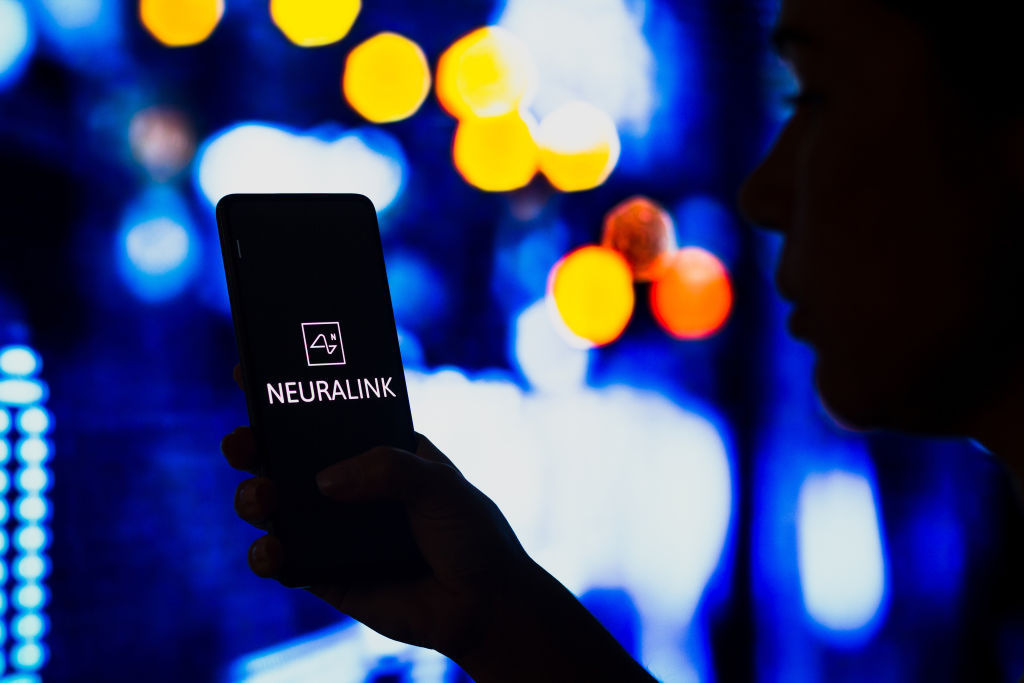Elon Musk hopes to implant computers into human brains by next year


A free daily email with the biggest news stories of the day – and the best features from TheWeek.com
You are now subscribed
Your newsletter sign-up was successful
Elon Musk's company Neuralink Corp. on Wednesday announced its goal to begin testing a computing brain implant on human patients within the next six months, Bloomberg reports.
Neuralink has been working to refine the coin-sized computer chip, along with a robot that will carve through the skull and surgically implant the device into the brain. Musk said that ongoing communication with the U.S. Food and Drug Administration has been successful enough for the company to set a six-month target for their first human trials, per Bloomberg.
The company's primary goal for the brain-computer interface is to help a person with physically-limiting conditions communicate their thoughts. The device translates spikes in neuron activity into data that computers can interpret. Neuralink demonstrated the device's capabilities at a public presentation in 2021, where a monkey with the implant played a video game telepathically.
The Week
Escape your echo chamber. Get the facts behind the news, plus analysis from multiple perspectives.

Sign up for The Week's Free Newsletters
From our morning news briefing to a weekly Good News Newsletter, get the best of The Week delivered directly to your inbox.
From our morning news briefing to a weekly Good News Newsletter, get the best of The Week delivered directly to your inbox.
Musk launched the company in 2016 with hopes of developing a brain chip that could control electronic devices and eventually help patients with paralysis move again. At the Wednesday event, he announced that Neuralink recently started developing spinal cord and ocular implants. He is confident these devices will eventually reverse paralysis and blindness.
"As miraculous as that may sound, we are confident that it is possible to restore full-body functionality to someone who has a severed spinal cord," Musk said at Neuralink headquarters. In regards to the company's venture into vision, he added that "even if they have never seen before, we are confident they could see."
A free daily email with the biggest news stories of the day – and the best features from TheWeek.com
Theara Coleman has worked as a staff writer at The Week since September 2022. She frequently writes about technology, education, literature and general news. She was previously a contributing writer and assistant editor at Honeysuckle Magazine, where she covered racial politics and cannabis industry news.
